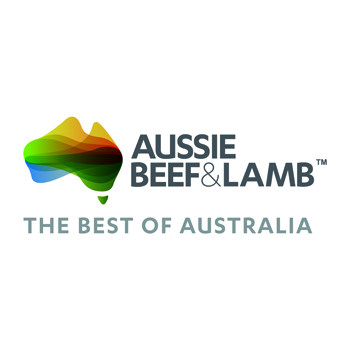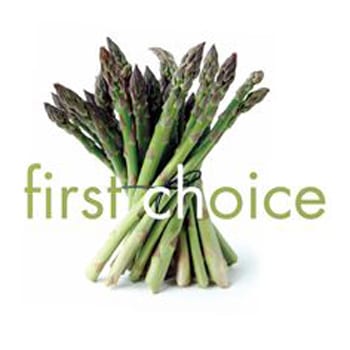Nephrops Fishery Improvement Project Begins New Chapter
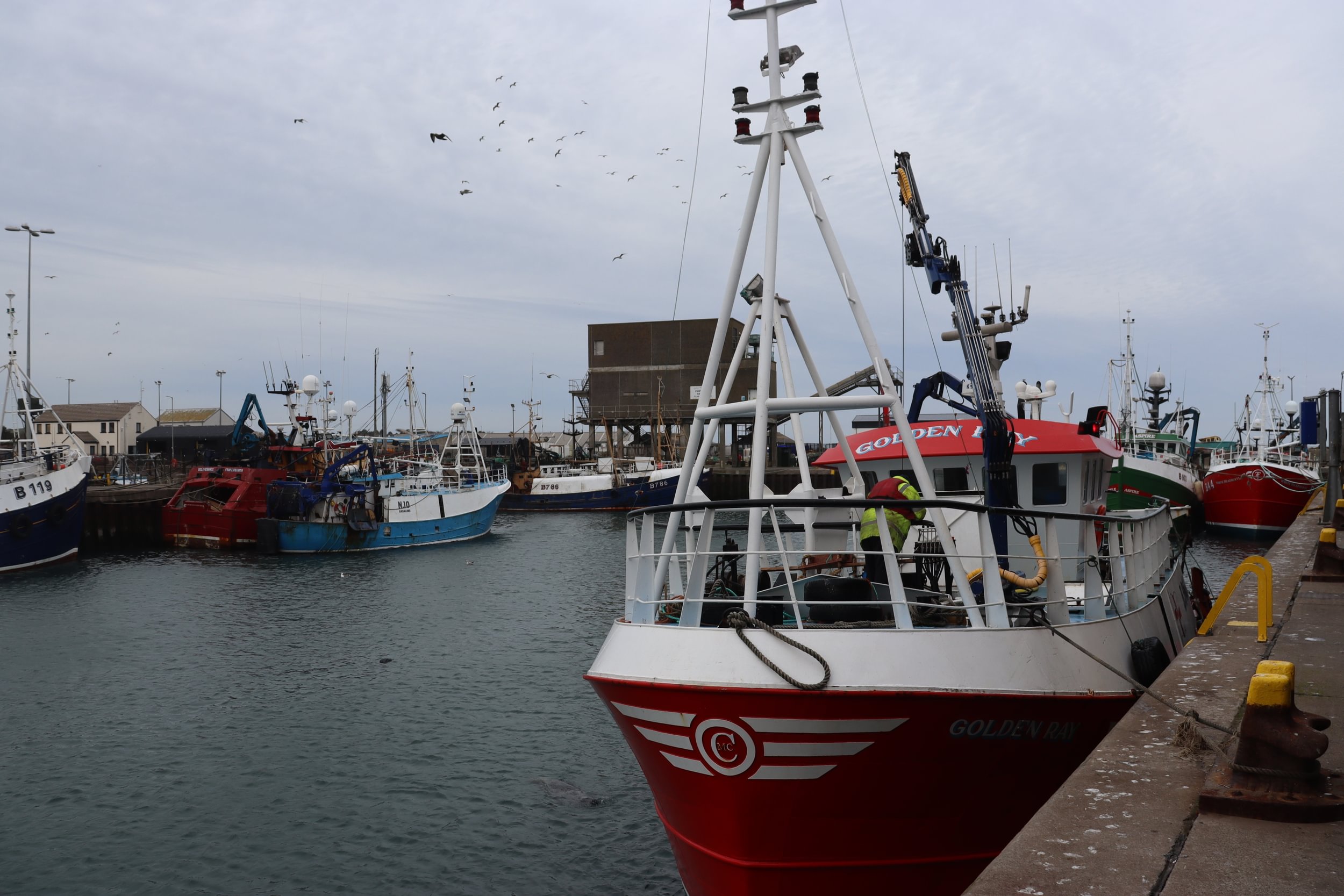 The next steps in an ambitious, multi-stakeholder partnership designed to create a sustainable future for UK Nephrops fisheries have been announced.
The next steps in an ambitious, multi-stakeholder partnership designed to create a sustainable future for UK Nephrops fisheries have been announced.
The UK Nephrops Fishery Improvement Project (FIP) will build on the work started by Project UK between 2019-2024 with the aim of improving fishing practices and management so that species, habitats and people can all thrive.
Now all parts of the supply chain, including the catching sector, processors, retailers and scientists are coming together with support from Seafish, the public body that supports the UK seafood industry, to continue those improvements in the management of UK Nephrops fisheries in the North Sea, Irish Sea and the west of Scotland.
Nephrops is a small, pale orange lobster also known as langoustine, Norway lobster or Dublin Bay prawn. It is the UK’s most valuable shellfish stock making it a vital fishery for the catching sector and many coastal communities.
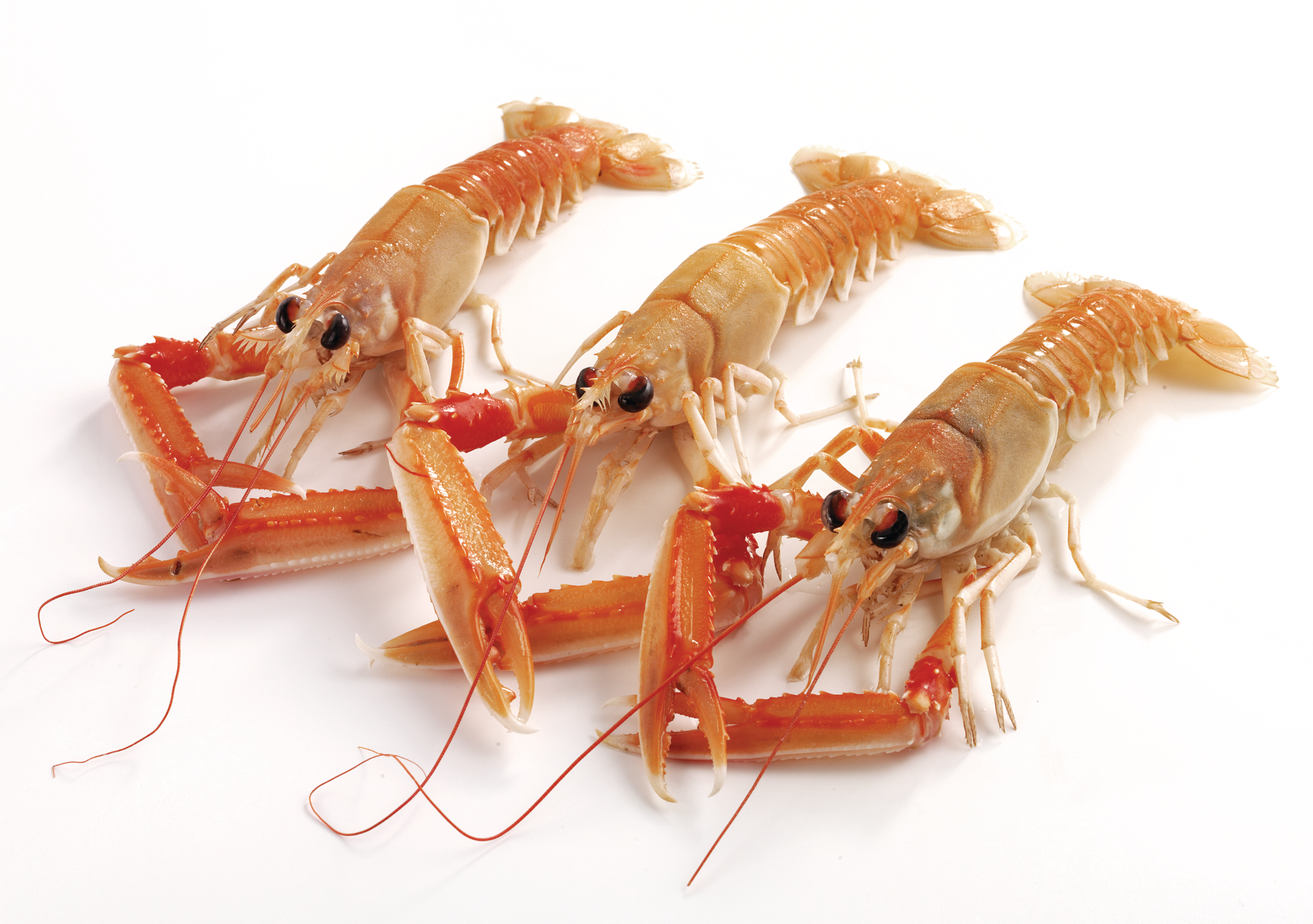 Mike Park, Chief Executive of the Scottish White Fish Producers Association, said: “The new chapter of the Nephrops FIP has created a renewed focus and commitment from the catching sector to collectively address key challenges. By working together with other industry members, the FIP will pave the way for well-managed, sustainable Nephrops fisheries for the long term.”
Mike Park, Chief Executive of the Scottish White Fish Producers Association, said: “The new chapter of the Nephrops FIP has created a renewed focus and commitment from the catching sector to collectively address key challenges. By working together with other industry members, the FIP will pave the way for well-managed, sustainable Nephrops fisheries for the long term.”
The Nephrops FIP is the first UK shellfish fishery to enter the new Marine Stewardship Council (MSC) Improvement Program, which supports fisheries to make improvements and chart a path towards third party certification.
The next phase of the industry-led FIP will continue its work to resolve key challenges facing the fishery, such as developing a responsive fisheries management system, further understanding bycatch interactions, and assessing the impact of the fishery on marine habitats and mitigating these where appropriate.
To achieve its aims, the FIP has established a new working group and developed an ambitious action plan, which has been formally assessed and recognised through a rigorous, third-party verification process. To guide its work over the next five years, the action plan identifies key actions to drive improvements in the sustainable management of Nephrops fisheries.
Claire Pescod, Head of Sustainability and Science at Macduff Shellfish and chair of the FIP working group said: “This is an exciting new chapter for the Nephrops FIP. Being the first UK shellfish FIP approved for entry into the MSC Improvement Programme – with a verified action plan setting out a roadmap to sustainability – is a great step forward. FIP members are committed to delivering the work of the action plan, feeding into management developments and continuing the improvement journey towards third party certification.
“The collaborative nature of this project with the industry at its heart will be instrumental in delivering pragmatic, on the water change to ensure the long-term viability of the industry and the sustainability of the stocks and the environment on which they rely.”
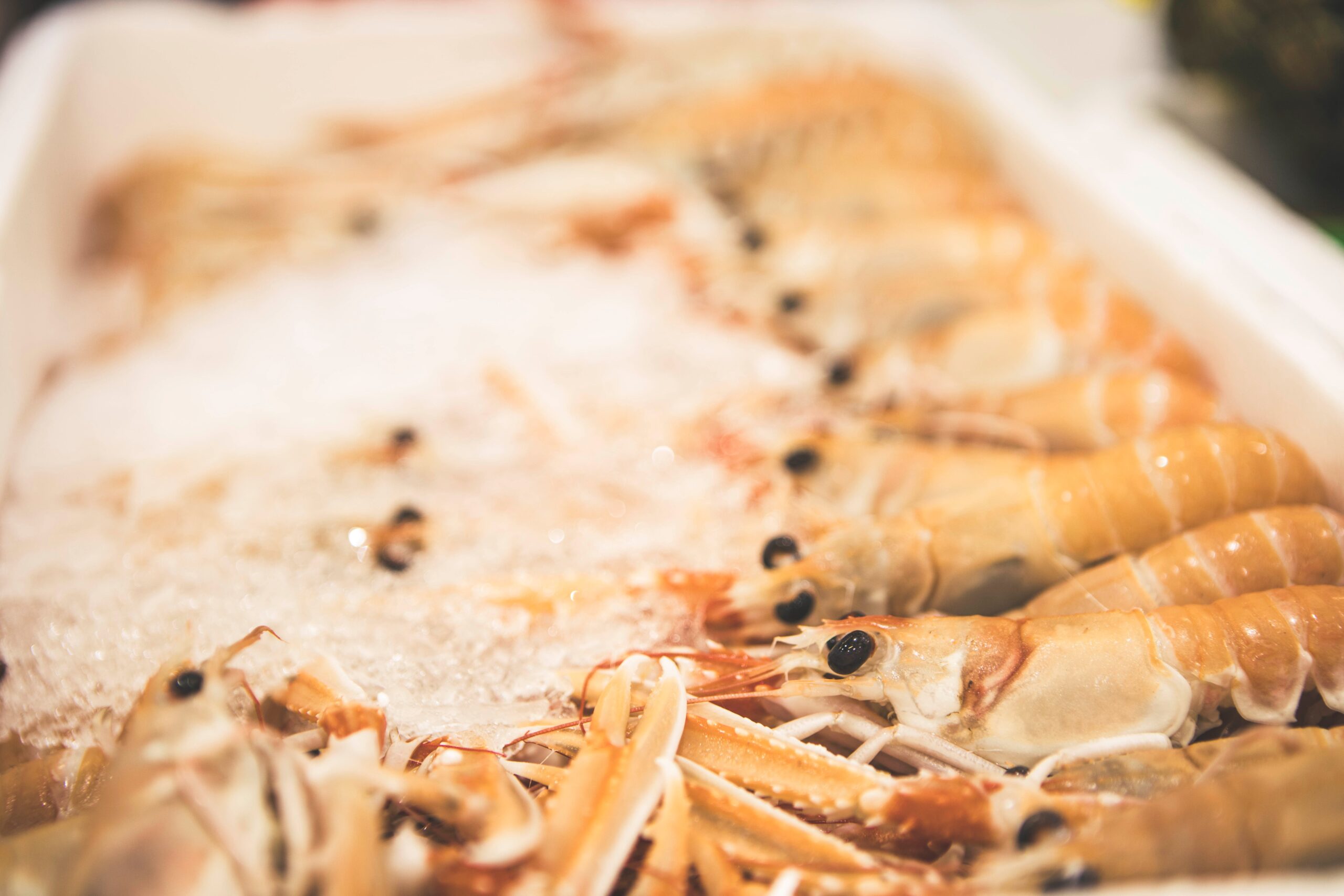 Seafish, the public body that supports the UK seafood industry, has taken over as facilitator and Secretariat of the Nephrops FIP.
Seafish, the public body that supports the UK seafood industry, has taken over as facilitator and Secretariat of the Nephrops FIP.
Lewis Tattersall, Head of Fisheries Management at Seafish said: “By working alongside a committed, close-knit group from the Nephrops supply chain, the FIP will use the MSC Improvement Program as a credible framework for fishery improvement.
“For Seafish to be playing its part in facilitating the continuous improvement of one of the UK’s most valuable shellfish stocks – from its high sales value, to providing employment in coastal communities, to being a dinner-time staple in British households – is an exciting step for our Fisheries Management team.”
In parallel to its environmental work, the FIP has established a dedicated Social Responsibility Group to review and improve crew welfare standards in the Nephrops fishing industry and strengthen social responsibility across the fleet.
 Edward Whittle, Sustainability Director at Whitby Seafoods, the UK’s biggest Nephrops processor, said the FIP was vital to the fishery’s “ongoing journey of improvement” and that his organisation was fully committed to the FIP’s approach towards fishery certification.
Edward Whittle, Sustainability Director at Whitby Seafoods, the UK’s biggest Nephrops processor, said the FIP was vital to the fishery’s “ongoing journey of improvement” and that his organisation was fully committed to the FIP’s approach towards fishery certification.
He added: “This pre-competitive, but transparent, space will allow for a better understanding of the fishery’s key issues, so they can be discussed and addressed, to enable swift and lasting resolution and improvement.”
Photo credit: Nina Constable and MSC

